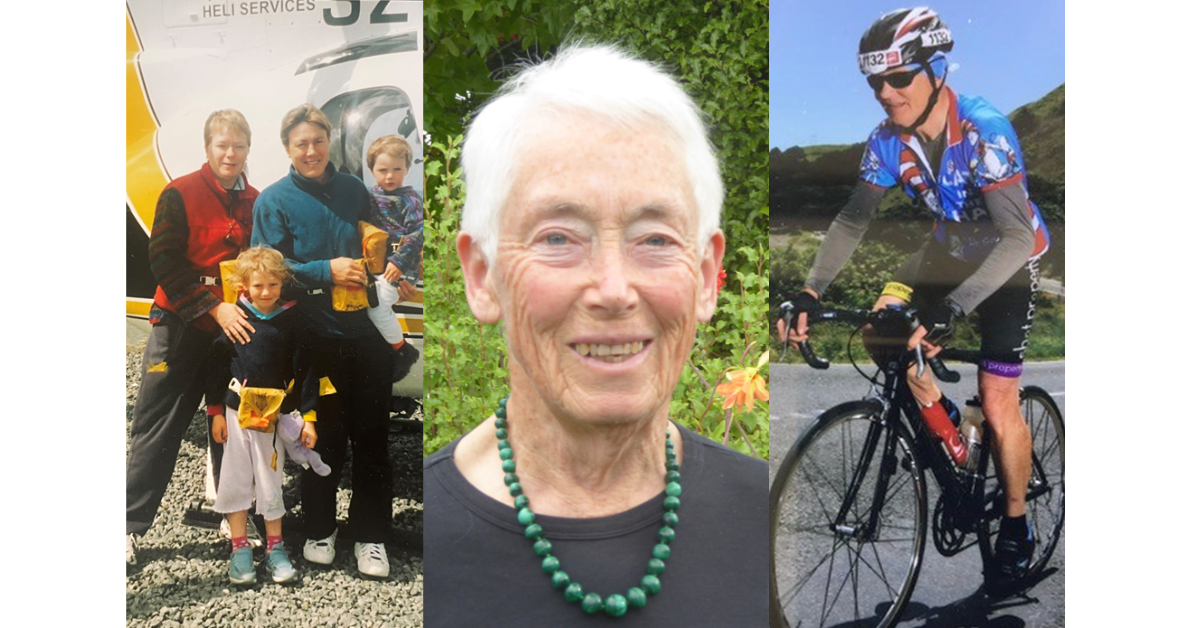National spotlight makes lived experience harder for Government to ignore

Recent films, television and other media are only amplifying the need for Government to listen to the lived experience of people with dementia mate wareware.
Alzheimers NZ Chief Executive Catherine Hall says the voice of people and their whānau living with dementia mate wareware is often overlooked by Government.
“People living with dementia mate wareware are often ignored and invisible to the system – the voice isn’t as loud as others, often because it’s a tough life and people are tired and stressed just surviving every day.
“It’s also hard to stand up as someone with dementia mate wareware when you know others will treat you differently, underestimate what you are capable of, ignore your views, and assume you are not able to speak for yourself or others.”
The Alzheimers NZ Lived Experience Advisory Group (LEAG) is a group of people who have come together to make a real difference for all people affected by dementia mate wareware. The group developed the Dementia Declaration in 2019 that reminds us that the lives of people living with dementia mate wareware matter and underpins the work of the organisation.
The LEAG – alongside Kamanie Silochan (of The Dolly Foundation) and Milou and Corey Barrett – shared their experiences of dementia mate wareware as part of the fourth and final one-day event Repositioning Dementia: What’s next? recently.
Many attendees said the lived experience sessions were the highlight of the event:
“I found the stories very enlightening, and this taught me much more of the complexities surrounding dementia mate wareware.”
“The lived experience – there is nothing better than hearing from the people themselves to cement the need for change.”
“Hard to say as all the sessions were very interesting, but the end of the day with actual lived experience of patients and family was a highlight that stood out.”
At the event, LEAG Member Elizabeth Duke shared her experience about having control of her life and the support to make the decisions which are important to her.
“You diminish me if you focus on where I have made slips or forgotten things. You value me if you recognise that I am managing my life, that I have capabilities of decision, and contributions to make,” she says.
“Perhaps not all my decisions are ideal, but are yours? Give me the right to be wrong. This doesn’t, of course, mean the right to harm others. A full life is both giving and receiving. I want to do both. I need to do both. I can do both.”
This month the second season of the Restaurant That Makes Mistakes premiered in Aotearoa New Zealand. The show gives an insight into young Kiwis living with dementia mate wareware, following volunteers with a diagnosis of young onset dementia as they navigate working in a busy restaurant – managed by chef Ben Bayly.
This follows the recent national premiere of the film Human Forever – a global documentary which explores how people with dementia mate wareware are supported around the world.
Catherine says seeing people living with a diagnosis celebrated in film, television and other media helps remind us what they are capable of and how much they have to contribute, breaking down the stigma and encouraging people to reach out for the help and support they need.
“The lives of people living with dementia mate wareware do matter and it’s well past time Government listened to their voices and implemented the Dementia Mate Wareware Action Plan so people can get the help and support they need.”
CAPTION: Members of the Alzheimers NZ Lived Experience Advisory Group recently presented at Repositioning Dementia: What’s next? From left Val Pollard and whānau, Elizabeth Duke and Alister Robertson

